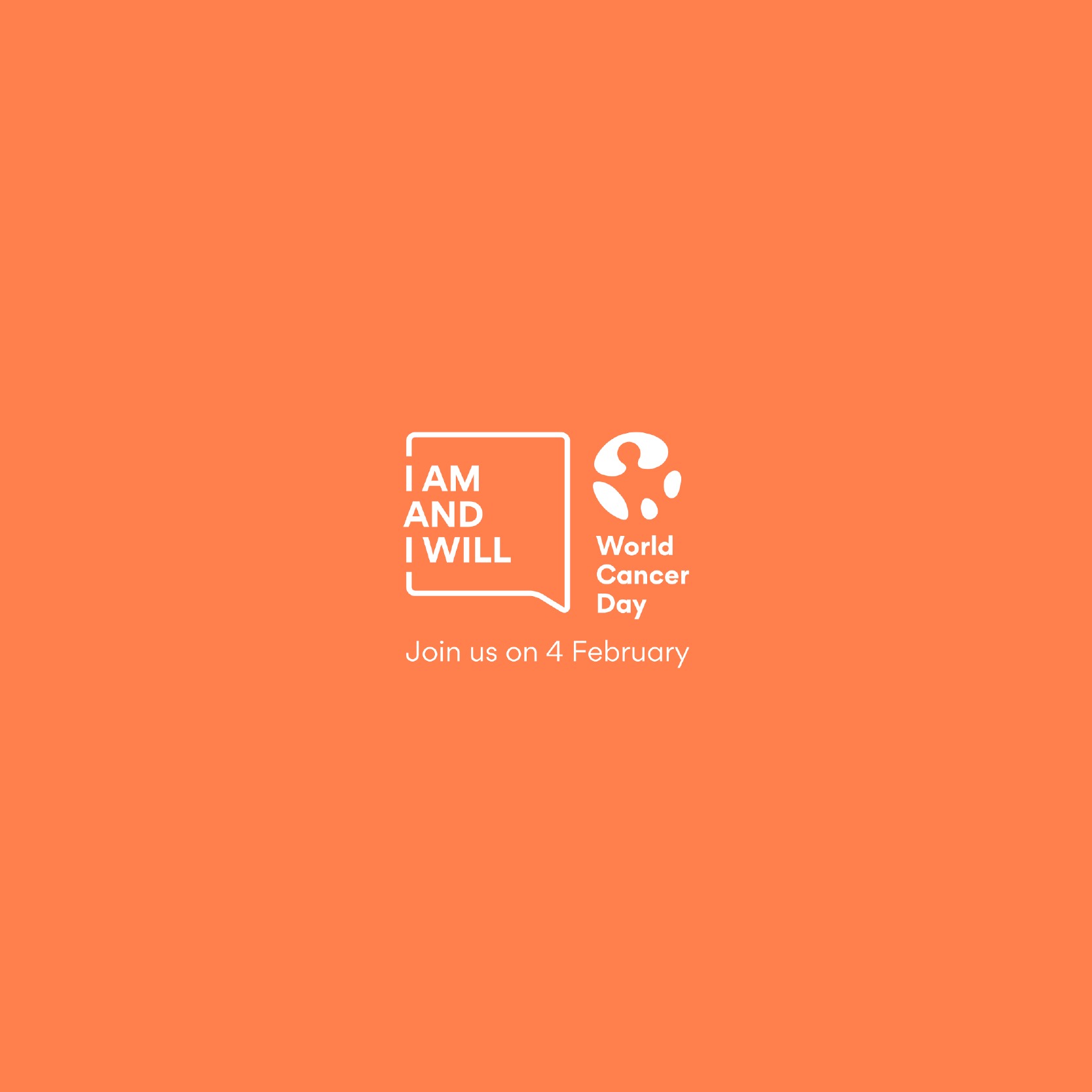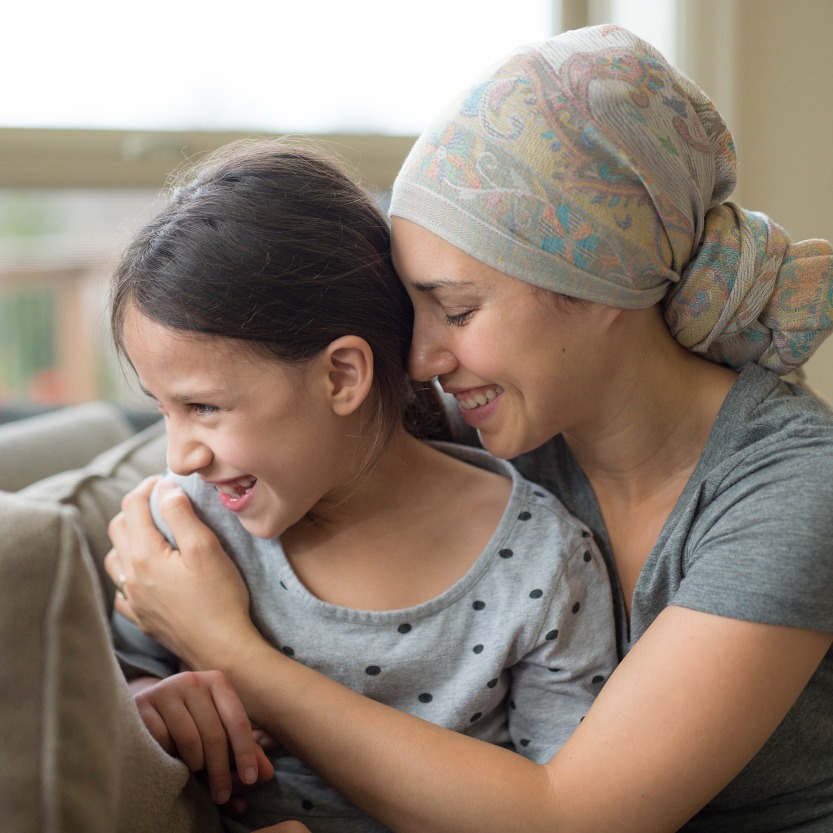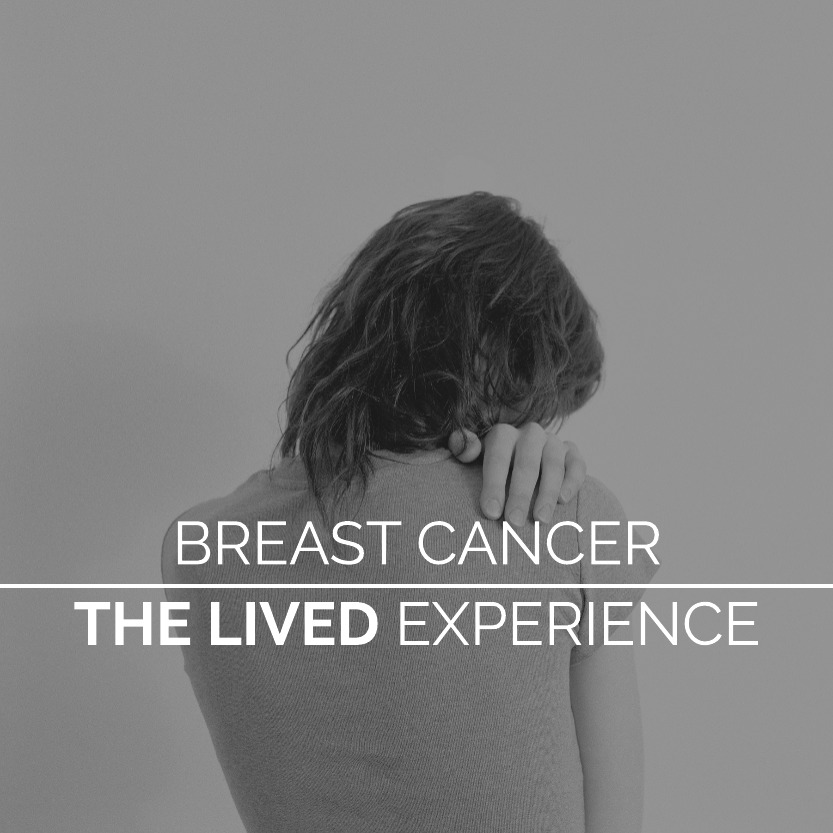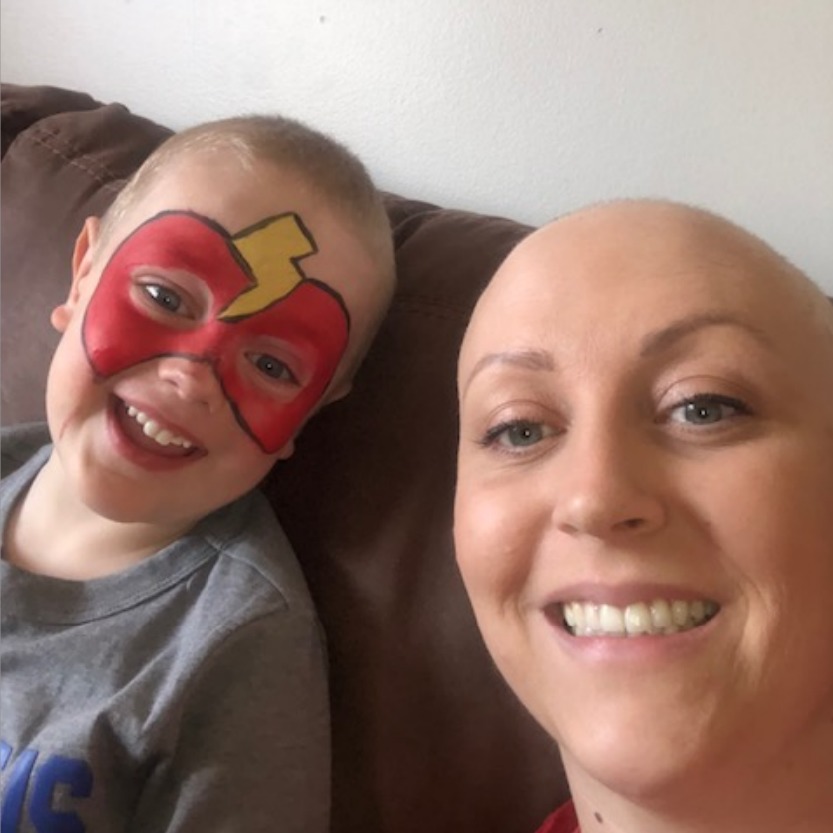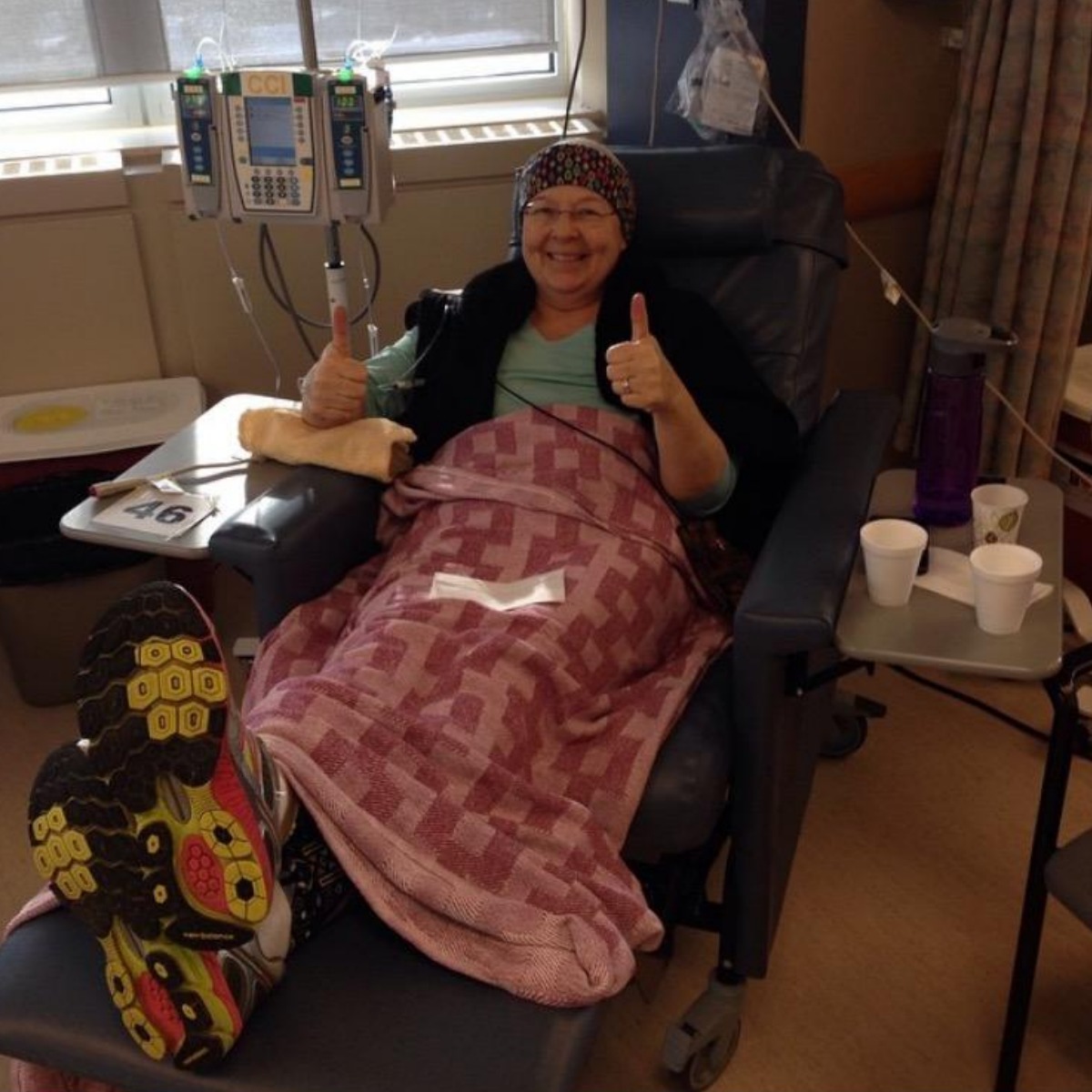By continuing to use our site, you consent to the processing of cookies, user data (location information, type and version of the OS, the type and version of the browser, the type of device and the resolution of its screen, the source of where the user came from, from which site or for what advertisement, language OS and Browser, which pages are opened and to which buttons the user presses, ip-address) for the purpose of site functioning, retargeting and statistical surveys and reviews. If you do not want your data to be processed, please leave the site.
The Voice of People With Breast Cancer
Education
Our Voices Blog
Tag : breast cancer
10 low-key ways to make Valentine’s Day better when you have breast cancer
February is here, which means Valentine’s Day is around the corner. Valentine’s is a day that you either love or hate. And throwing the C-word into the mix can make it hard even when it’s something you’re usually excited for.
I Am And I Will this World Cancer Day
World Cancer Day on February 4th gives us a chance to reflect on 2018, the work we’ve accomplished and the work that still needs to be done. This year, WCD has a brand-new message: I Am And I Will.
Meet Cathy Hemeon, CBCN’s new board member
The Canadian Breast Cancer Network is pleased to welcome a new member to our board of directors. Cathy Hemeon of Mount Pearl, Newfoundland brings many years of experience in the health care field to her new role. She, like all CBCN board members, is also a breast cancer survivor. She was diagnosed in February 2016 with Stage I triple positive breast cancer following a screening MRI.
7 interesting highlights from the 2018 San Antonio Breast Cancer Symposium
Last month, we had the opportunity to attend the 2018 San Antonio Breast Cancer Symposium (SABCS). Here’s some of the key highlights to come out of the conference.
Looking on the bright side
In June 2015, I moved to London, Ontario and was recovering from a rather emotional and difficult time, having divorced in June 2014. I had moved from Sault Ste. Marie to be closer to my daughter with her husband and very young children. I would be seeing the rest of my family less often now – my parents, my two sisters, my daughter and her husband, and another granddaughter. and two step grandchildren.
A patient’s perspective on MedSearch
Tell us a little bit about yourself, where you’re from, and your experience with breast cancer.
Q&A with ODANO on how they can help you access drug coverage
Last month, we connected with Alan from ODANO, the Oncology Drug Access Navigators of Ontario, to answer a few questions about who they are and how they help patients in Ontario access life-saving medications.
Here’s how we’re helping breast cancer patients through your donations
Giving Tuesday is coming up on November 27th and we wanted to take this opportunity to highlight some of the amazing work Canadians have done to support the Canadian Breast Cancer Network. The Annual Pink Ribbons Project Gala hosted by the Full Circle Foundation for Wellness is a perfect example of community involvement shaping CBCN’s valuable resources.
Living flat is freedom
My name is Alison Thompson and I was diagnosed with breast cancer five years ago. To give you some background, my mother was diagnosed with breast cancer about 15 years ago. Her cancer was an aggressive form. It spread to her spine and brain, and she passed away about three years after the initial diagnosis.
Finding Harmony after Breast Reconstruction
I was forty years old, running a successful business, comfortable in my finances, and feeling ready to settle down and start a family. Suddenly, a breast cancer diagnosis upended my sense of contentment and sent me on a journey of chemotherapy, immunotherapy, hormone therapy, a preventative double mastectomy, and, ultimately, reconstructive surgery.
SurgeryGuide is much-needed
For Andrea Sveinbjornson of Regina, the Canadian Breast Cancer Network’s new SurgeryGuide is an invaluable tool, one that she wishes she had when she had to make decisions about breast surgery in 2016.
Could a simple blood test help detect breast cancer?
That’s what Dr. Majumder and her team of researchers at Brandon University in Manitoba are hoping to find out. Dr. Majumder, Assistant Professor in Cancer Genetics and Cell Biology, is screening blood plasma from breast cancer patients and patients who don’t have breast cancer to determine if there is a blood biomarker like micro RNA (miRNA) that could potentially tell us when breast cancer is present or growing in a person.
Living with inflammatory breast cancer
In August 2014 I found a lump in my left breast. This is unusual for inflammatory breast cancer (IBC), a rare and very aggressive cancer where cancer blocks the lymph vessels.
SurgeryGuide: Helping you understand your surgical options
We all know how integral surgery is for the treatment of breast cancer. It’s usually the first step in treating early stages of the disease which means it can come quickly after diagnosis. The time when you’re still processing your diagnosis is also the time when you’re making some of the most important decisions about your treatment. Trying to make these decisions while learning this new, complicated language called cancer doesn’t make those decisions any easier.
Understanding the Lived Experience of Breast Cancer
No person truly understands what it’s like to be diagnosed with breast cancer until it happens to them. It can be terrifying and overwhelming and can take physical and psychological tolls on a person’s body. 1 in every 8 Canadian women will hear the words “You have breast cancer” in her lifetime and 5,000 Canadians die from metastatic breast cancer each year. That means 26,000+ women every year have to live through surgery, chemo, radiation and side effects like fatigue, depression, chemo brain, and nausea, all while balancing their work and home life. Understanding the lived experience of a diagnosis like this is imperative to improving support for patients, survivors and their families.
The Power of We
Together we can accomplish great things! It’s always amazing to watch how individuals coming together as one united voice can truly make a difference in the lives of others.
The innocence of a toddler and the reality of cancer
It was just another typical morning in our house, trying to get my son fed and dressed before I take him to daycare. As I am multitasking, getting myself dressed and making sure my son is actually brushing his teeth, I notice he’s watching me. He’s still trying to process those two large scars across my chest. The incisions are still fresh and slowly healing and turning to scars. Scars that represent where my breasts once were but now is just an empty space. He finally pipes up. “When are your boobies going to grow back, Mommy?” He asks so innocently.
Here’s what you need to know about inflammatory breast cancer
Inflammatory breast cancer (IBC) is a rare and aggressive form of the disease that doesn’t get a lot of attention. It’s tough to diagnose because of its unusual symptoms, and it’s more common in young women which makes it particularly tricky since the symptoms mimic that of mastitis, a common breast infection in new moms who breastfeed. Here’s what you need to know:
History of breast cancer treatment
People have known about breast cancer since ancient times. For most of that time, there were no effective treatments. However, in the last 120 years, advances in surgical and medical treatments have meant that today, 98 percent of patients with localized breast cancer survive at least five years after diagnosis. The following timeline shows the development of breast cancer treatments.
Triple-negative breast cancer: managing the fear of recurrence
“Abject terror floating in the back of my head.” That’s how Shelley Moore of St. Albert, Alberta describes her reaction to her 2014 diagnosis of Stage II triple negative breast cancer.


